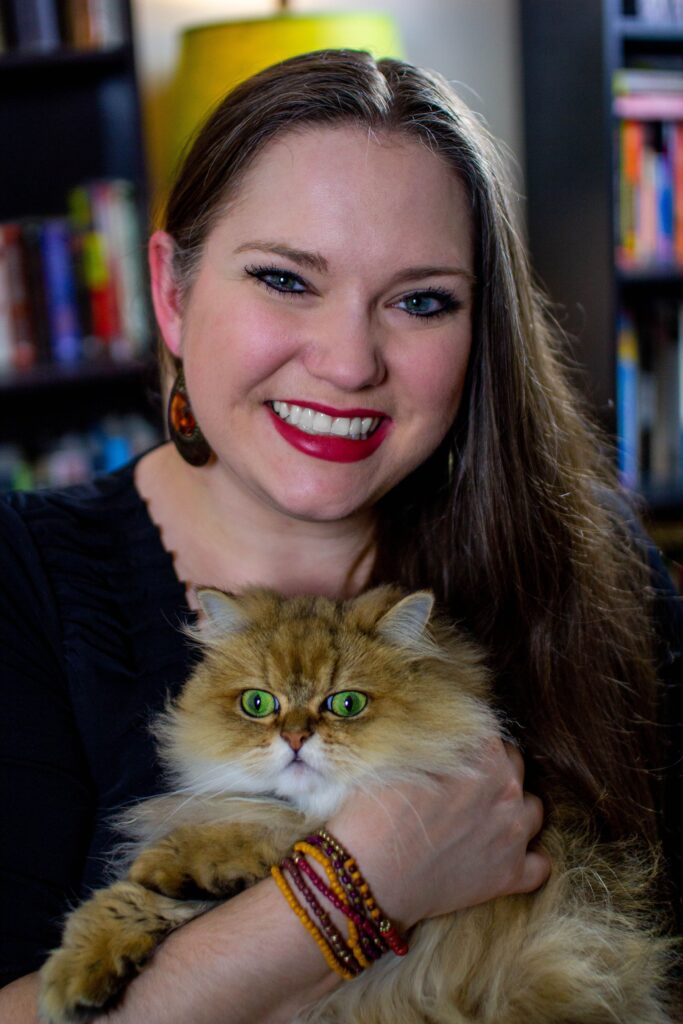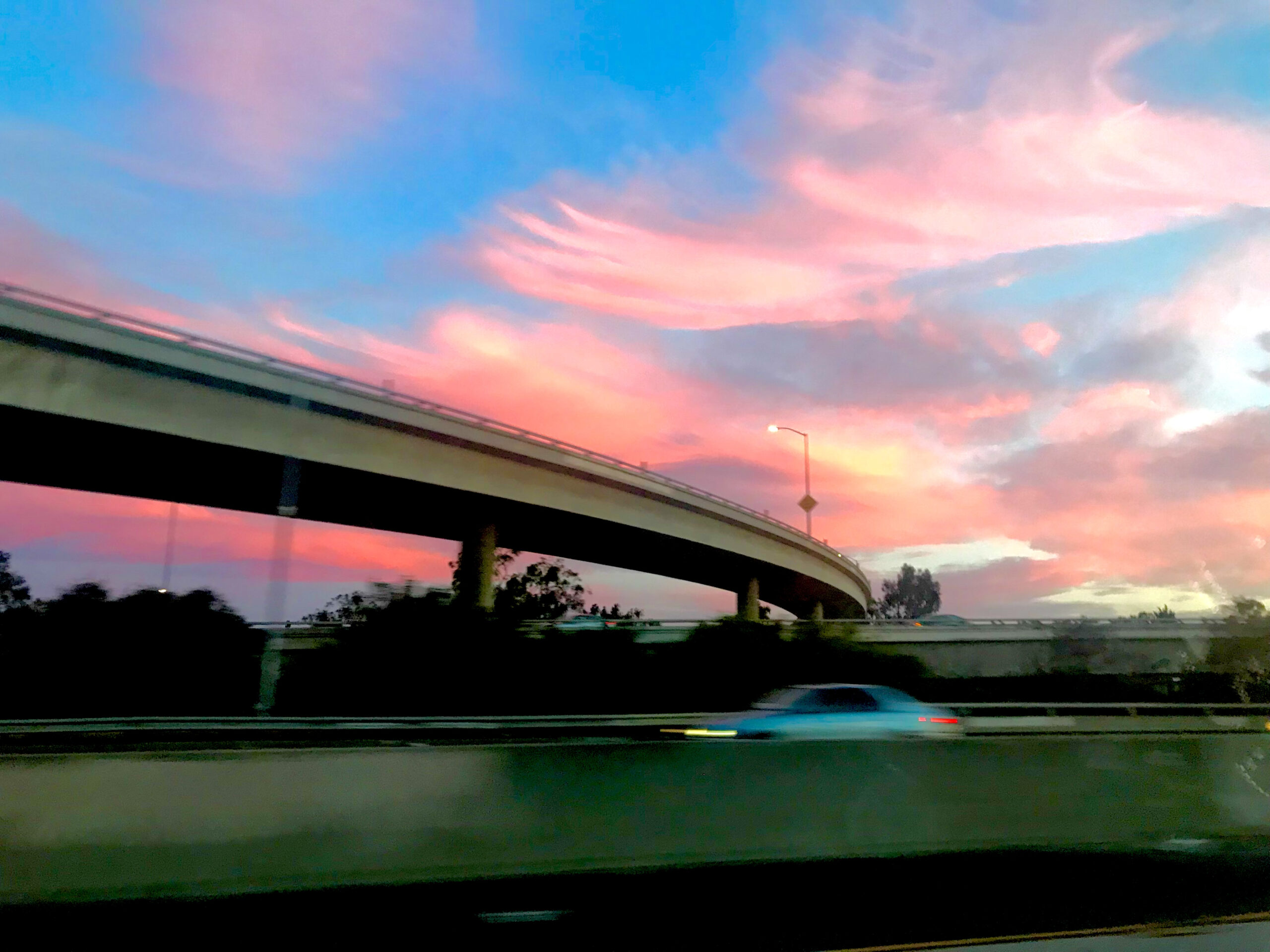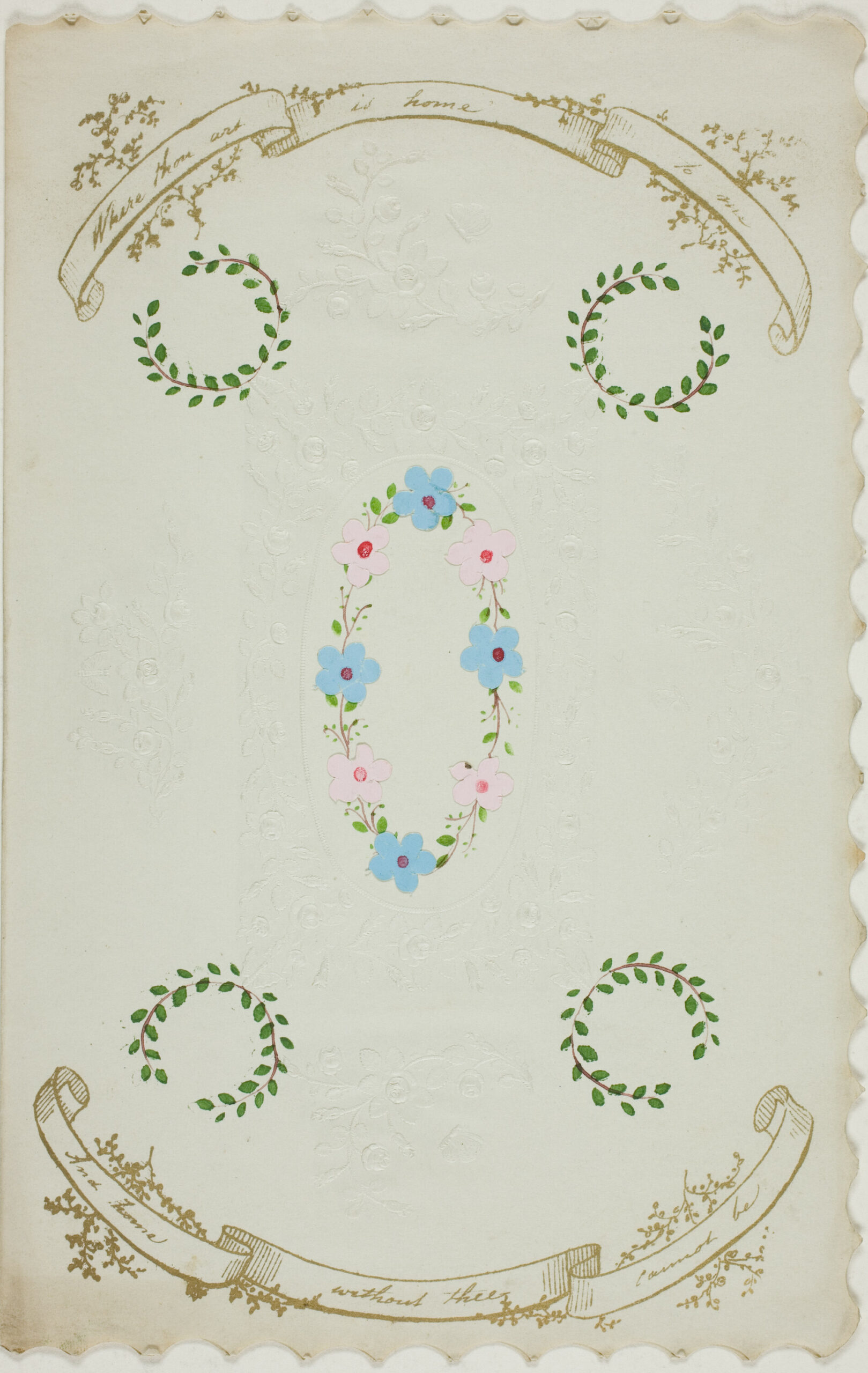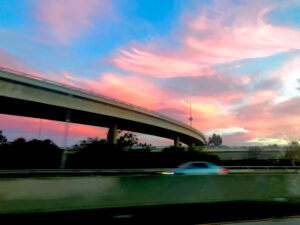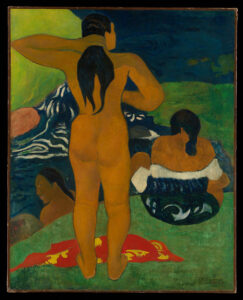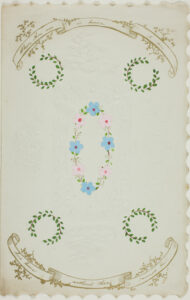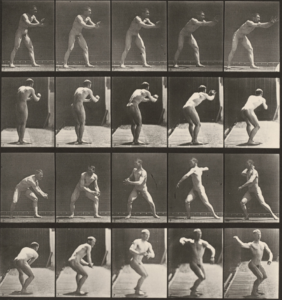Bones
J. Kasper Kramer
When I was a child, I haunted the woods behind my house. I would tiptoe across the neighbor’s backyard and slip through the gap in the chain-linked fence that separated the suburban two-stories with their manicured lawns from the undergrowth and overgrown. I would glance behind me to see if anyone saw, but I was never really afraid. No Trespassing signs were for grown-ups.
It was late spring in Middle Tennessee, and I had been gone from the woods for some time. In my absence, everything had turned a bright, sickly green. Sunlight bounced off twisting, young vines and waxy leaves. I followed a stream that I did not recall. It emptied into a huge pond, entirely new. The surface was covered in algae, lime-colored film hiding the water. I tossed in a rock and watched it stick on the slime before sinking.
I turned to leave, balancing along a fallen tree’s mossy, rotting trunk, and my sneaker slipped into a soft spot in the bark. For a moment, I couldn’t get free. But I wasn’t unsettled then. Not yet, at least. I didn’t feel the nagging in my stomach—the warning that somehow this wasn’t the same forest I’d played in before—till I jerked my foot out of the hole.
Deep in the rotten tree trunk, was a nest of pale, overstuffed, squirming things. They writhed, clinging to my shoe.
I cried out in surprise and stumbled away, frantically shaking them off me. I ran.
On the other side of the pond was a wide, open space at the base of a steep hill. Boulders speckled the terrain, many taller than me, with crumbling, jagged edges. It was there that I found my younger brother, jumping from one rock to the next.
“Where are you going?” Connor called.
“Nowhere. Don’t follow me,” I called back.
He leapt down beside me, sticks in his hair, grass-stained jeans, and a wide grin. “Aaron and I found a cave. Wanna see?”
A cave sounded more fun than pretending to have something important to do, but I had appearances to keep up. “I’ve probably seen it already.”
“Not this one. Come on!” He ran off before I could stop him.
“I’m not going inside!” I yelled, racing after.
Through the trees and up the hill. Down again. Straight through the forest. Stop. Change direction. Out into a sunny field where the grass was chest high. Stop again.
Tire tracks.
Big ones with deep indentations. They pressed the tall, scratchy stalks flat.
“Why are these here?” I asked, tilting my head. We never saw anyone but other neighborhood kids in the woods.
My brother was still thinking of his cave, though. “It was this way. I know it.”
Back into the forest again. Back up the hill, down another. By then, the search was a game. I was laughing. So was he. We no longer expected to find anything, which, I suppose, made it all the more frightening when we did.
The laughing stopped when we saw it.
Not the cave. The cave we never found.
It was a shaded place between hills where the ground sunk, deep and sudden, like a wound in the earth. Tire tracks drew my eyes down, down, down. At first, all we saw was the darkness. We had to slow. We had to walk closer to find out what was inside. We had to slide through the mud and creep up to the edge and peek over the rim.
With a warm, late spring breeze in our hair, my brother and I stared down into a pit of blood and bones.
*
As a teenager, I see a man have a heart attack at a Fourth of July fireworks show. The people crowd around as they wait for an ambulance. I watch from a distance, eyes wide.
Great-grandparents pass on. Family acquaintances. An estranged aunt. Our aging dog, Cookie. The vet meets my parents in the middle of the night.
In college, I foster my first orphaned kittens. For weeks, I feed them with bottles, stroking their tiny heads as they sleep. I help them grow, keep them safe, play and nurture and cuddle. Just after they have had their first shots and are fixed, all ready to meet their forever families, disease kills them both.
She is always careful. The responsible type. She would not be on her phone. But it is dark. The road is wet. And she never comes back.
We get the news the next day, but I don’t cry for a week.
Early one fall semester after class, my roommates and I take a drive out in the country. We slow as we pass an old abandoned house. It’s set off in a field where the grass is waist high. We return again, weeks later, close to dusk, and park the car at the edge of the road.
When our feet hit the ground, we run, half-ducked, heads low, laughing and hoping that no one will see. The No Trespassing signs are for us.
Outside the slumping house, we roll up our jeans and tie up our hair and stalk the perimeter. The last push of the sun is hot on our shoulders. Once, a long, long time ago, this was somebody’s home. But now, the second-story balcony is half-caved. Now the front door is encased in dead vines. When we try to push it open, the wood only falls in. Tromping around the side of the house, we shush each other, still laughing.
At the back door, though, we go silent.
Animal skulls have been tied together with rope. The rope winds its way through the empty hole where the doorknob should be.
You might think this would stop us. It doesn’t.
I am the first to go inside, where orange light filters through dirty, broken windows and spears through bullet-sized holes in the walls. The dust is so thick you can wave it away. As my friends explore what could have once been a ballroom—what surely once was a bathroom someone in the 70s had tried to refinish and failed—I creep up the stairs.
“Be careful,” Stephanie whispers.
“They might give out,” Ashley adds.
The wood creaks beneath me. The railing wobbles. Just one more. Just the one after that. Just another. Then I’ll be past the landing and can see onto the second floor.
My eyes come up level with wavy, dried-out planks. I peek over the rim and glimpse fireplaces.
And then my gaze drifts down, down, down. Down to a space below that can only be seen from above, a space tucked into the curve of the grand, spiral staircase.
I should have smelled the carcass before—that fat, bloated creature, a coyote or a hog or something else—baking for weeks in the heat. It’s so much more frightening when you don’t expect it.
Again, I am first. This time down the stairs. Out the back door. Running now. My friends follow instinctively. Back in the car at the edge of the road, we drive away. We do not return.
Seeing the bones is enough.
*
But it was not enough on that late spring day.
So when my brother and I smelled the rotting carcasses—when we heard the flies swarming—he ran and I stayed.
Terrified, wide-eyed, I edged closer.
This was not bravery. I wanted to leave. But instead, I followed the tire tracks. Back through the mud. Back up the hill. Back to the open field.
The sun was starting to set when I stumbled onto a one-lane, gravel road. I heard animals bleating in the distance. I needed to get home. Dinner would be ready soon. I’d already gone way too far. But I had to keep walking. I had to be sure. Light bled through the boughs overhead. My insides tightened when I finally spotted the farm.
I knew the word livestock, but I didn’t know the word deadstock.
I didn’t know that sometimes so many animals died that the farmers ran out of space.
I didn’t know that sometimes those farmers drove out to the woods behind suburban two-stories with manicured lawns.
That sometimes they dug pits where children played.
I suspect none of the grown-ups in our neighborhood knew that.
You might think, when I got home, dirty and tired and empty—when my brother and I locked eyes over spaghetti casserole—that we would tell our mom and dad what we’d found.
We didn’t.
But we didn’t go back to the woods, either.


